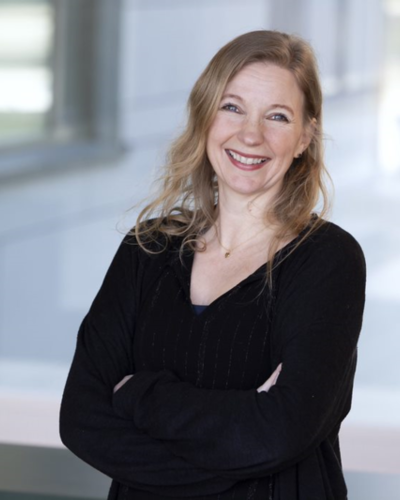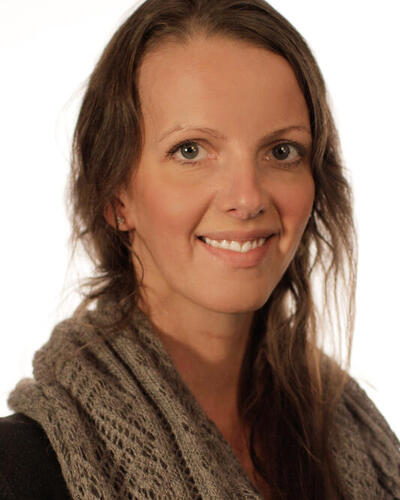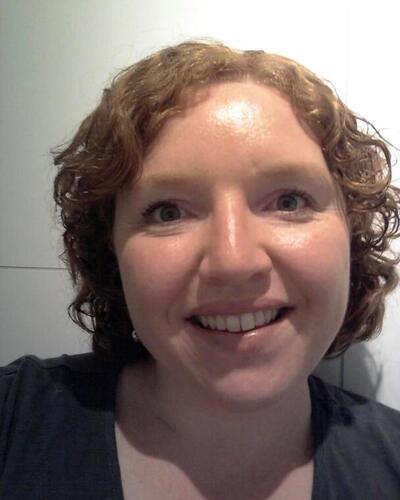Interprofessional learning crucial to reach the UN sustainability goals
TVEPS - Centre for Interprofessional Workplace Learning is one of two academic communities at The Faculty of Medicine applying to become “Centre for Excellence in Education”. By doing this, the centre is taking a key role within interprofessional education and sustainability.

Hovedinnhold
TVEPS is located at the Department of Global Public Health and Primary Care (IGS). The center provides health and social welfarestudents with interprofessional education by offering interdisciplinary practice at the final stages of their education.
Now the centre wants to make use of their good experiences by becoming a “Centre for Excellence in Education” (SFU). This status can be awarded to Norwegian educational communities that can demonstrate outstanding quality and innovative practice. The awarded centres must be in the forefront of national and international developments in education. The scheme is currently managed by the Directorate for Higher Education and Competence (HK-dir).
The main goal of the proposal by TVEPS is to make the health and social welfare professions more sustainable through real-life interprofessional education.
Need for more cross-disciplinary learning
Associate professor and centre director Ane Johannessen in TVEPS emphasizes that there is a need to get away from the mono-professional "silo"-mindset in higher education.
– Today students are being taught within their profession, with limited contact across disciplines. Interprofessional collaboration is essential to achieve high-quality healthprofessions. But in many places this idea is still not properly acknowledged, says Johannessen.
The World Health Organization (WHO) has previously mentioned interprofessional collaboration in the health sector as an important factor to create better and more sustainable health services.
– We want to build a new mindset, both in the educational institutions and in the workplaces. Through information and training we would like to show everyone involved how interprofessional learning works in practice, says the centre director.
UN sustainability-goals in focus
Sustainability is also a very important part of the educational philosophy at TVEPS.
– More specifically, this is shown when our students visit different workplaces to help them to achieve the UN Sustainable Development goals, Johannessen explains.
A good example was when the TVEPS-students were sent to Øygarden local medical centre outside Bergen to help a nursing-home there to become more sustainable. Among the suggested measures was to equip the employees with a free penholder for the uniforms. This could prevent the uniforms from being damaged by ink if the employees forgot to take the pen out before washing. As a result, the nursing-home was able to save both the environment and their own expenses by not having to buy new uniforms.
Furthermore, the students also suggested planting a vegetable garden on the roof and made plans to reduce food-waste. The SFU centre idea is in line with a recent UNESCO expert report which highlighted the importance of the immediate introduction of sustainability in all education. The report was also featured in the university newspaper Khrono.
Creating educational units
The centre-proposal is called EPIC (Education and Practice in Interprofessional Collaboration). The plan is to divide the centre into three units; one studentdriven unit where new education ideas and innovation will take place, one unit with focus on interprofessional mindset in education and workplaces, and one research unit.
TVEPS coordinator Gunhild Agdesteen points out that it will be important to introduce students to interprofessional collaboration in an early stage.
– Students must become aware of the interprofessional possibilities throughout their education. It’s crucial that it doesn’t only come as a supplement at the end of the education, says Agdesteen.
If TVEPS were to receive approval for the SFU-application, the plan is to expand theeducation model so that students can have the opportunity to take a “deep dive” into interprofessional collaboration.
– We plan to add extra modules and create larger credit-bearing courses.This could mean theoretic modules on sustainability and interprofessional collaboration with follow-up modules afterwards. In this way, students can also take an active part in putting the plans they have proposed into practice in the workplaces - for the benefit of both the workplaces, the patients and society in general, says Johannessen.
The SFU-call has an application deadline on April 20th.
Read more about SFU and the application-process here (external link):
https://diku.no/en/resources-and-tools/norwegian-centres-for-excellence-in-education-sfu


